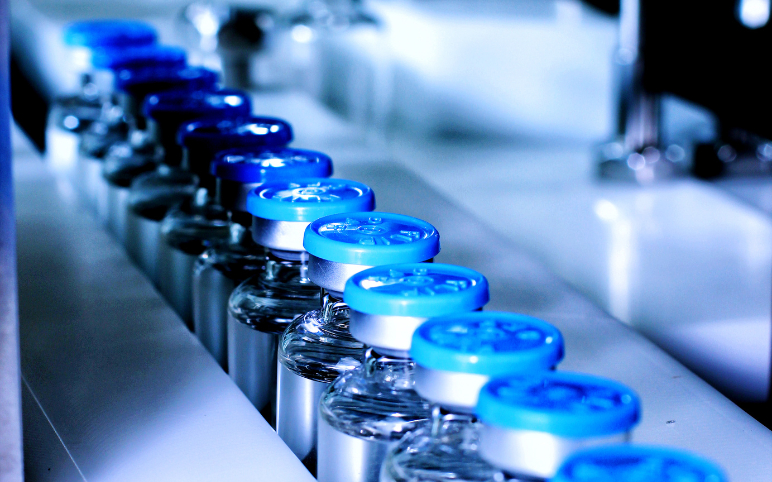Pfizer and BioNTech reported that after one shot and a booster shot, the macaques that had been challenged with the COVID-19 virus had no viral RNA in their lower respiratory tracts when compared to non-immunized animals, most of which did show sign of the viral RNA.
Inhibiting tumor cell division to avert breast cancer
The cells become cancerous when they divide out of control. The scientists at Johns Hopkins University School of Medicine and the University of Oxford have found a potential way to block a type of human breast cancer cell from multiplying by aiming a key mechanism, which depends on for division.
The breast cancer cells the team targeted on overexpressed the TRIM37 protein. Treating them with a PLK4 inhibitor called centrinone interrupted the activity of a cell structure known as centriole, which these tumors rely on, but normal cells can bypass cell division, according to the results published in Nature journal.
The findings could reveal the possibility of inhibiting PLK4 or other centriole function regulators from targeting this subset of breast cancer specifically. During their research, the scientists focused on breast cancer cells, which have increased copy numbers of the 17q23 chromosomal region, an aberration found in about 9% of all primary breast tumors. These cells’ division is highly reliant on centrioles that organize thin tubes of proteins, which give cells their shape and help separate DNA during division.
OncoImmune captures USD 56 Million for COVID-19 tests and leukemia treatment
OncoImmune has raised USD 56 million in a Series B as it looks to push on with late-stage tests for its experimental drug CD24Fc in both leukemia patients and its recent pivot to COVID-19.
The drug is designed to regulate host inflammatory response to tissue injuries and has predominately been tested in graft-versus-host disease (GvHD).
This can be a deadly result in leukemia patients who have undergone hematopoietic stem cell transplantation. This is a bone marrow transplant, with cells coming from their own body or a donor, an allogeneic transplant.
However, the body can sometimes be rejected in a condition that might happen after an allogeneic transplant. In graft-versus-host disease, the donated bone marrow or peripheral blood stem cells see the recipient’s body as foreign, and the donated cells/bone marrow attack the body.
In a recent midstage test, OncoImmune’s therapy displayed it could help patients gain GvHD survival, and, with its new cash haul, it will now continue into later-stage testing.
Recursion Pharma nets USD 239 Million and an AI research contract with Bayer
Recursion Pharmaceuticals has secured USD 239 million in new venture capital financing and a long-term partnership deal with Bayer to enhance its pipeline in fibrotic diseases of the lung, kidney, heart, and others.
The German drug-maker took the lead role in the artificial intelligence company’s series D round, conferring USD 50 million through its equity investment arm Leaps by Bayer.
The investment round also garnered new backers in Casdin Capital, Catalio Capital Management, Laurion Capital Management, Samsara BioCapital, and others with additional support from Recursion’s returning investors Baillie Gifford, Mubadala, DCVC, Lux Capital, Obvious Ventures, Felicis Ventures, EPIC Ventures, Two Sigma Ventures, Advantage Capital and Intermountain Ventures.



